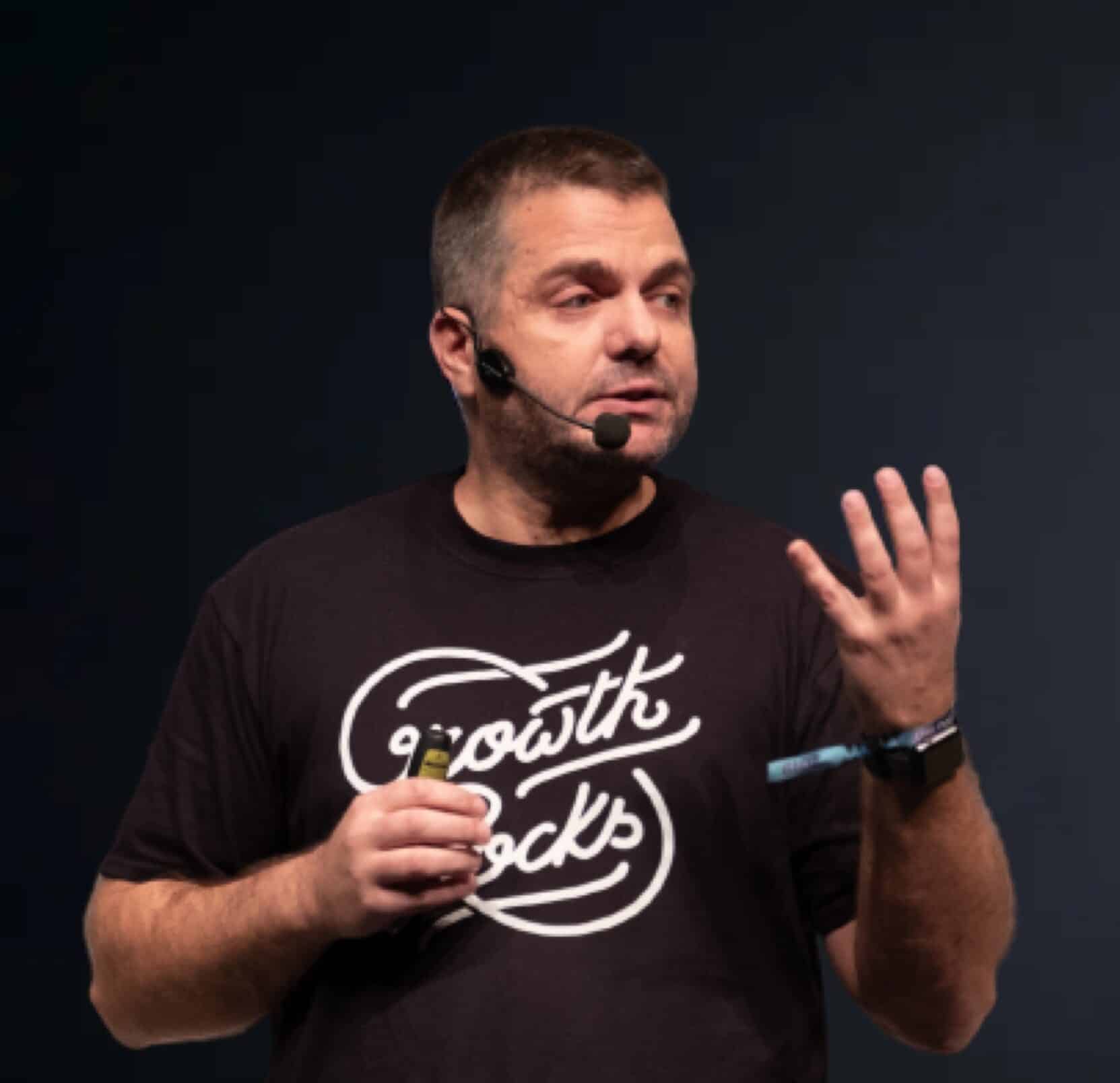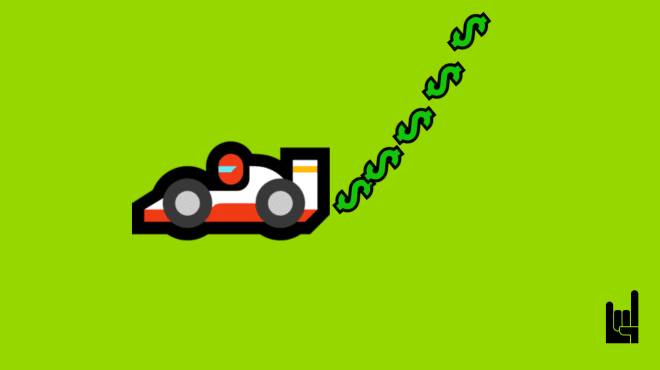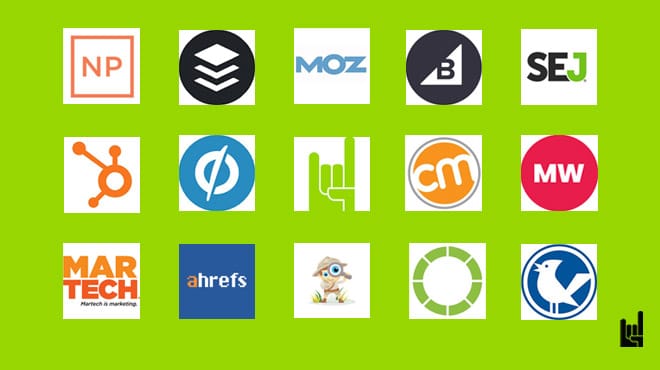There’s this tired phrase that keeps popping up:
“Growth Marketing or Hacking is dead.”
They say that for everything nowadays: Consulting, UX, UI, Design, Marketing. AI will do the marketing strategies for you, they claim 🙂
And I get it. Google Trends shows a peak around 2020. The buzz faded. The hype cooled off.
But let me tell you — from the inside?
Growth hacking never died. It evolved.
To show you just how strongly I believe in this vision — I invested in GrowthHackers.com.
Recently, I sat down for a set of no-fluff, high-signal conversations with a lot of people. Growth Strategists, Growth Marketers, Senior Growth Hackers, Founders and more.
We covered everything from how growth marketing began to where it’s heading — and why it still matters more than ever.
From Psychology to Code to Community: The Origin Story
They keep asking me how I got into growth in the first place. The short version?
- I started in psychology.
- Shifted to computer science.
- Added finance and wrapped it up with an MBA.
Not because I had a plan. But because I was chasing the intersection.
I wasn’t interested in one piece of the puzzle — I wanted to see the whole board.
That’s what led me to growth hacking.
It clicked instantly: psychology for user journeys, tech for rapid execution, finance for bottom-line focus. Growth hacking was the operating system where it all converged.
The Myth of the Solo Channel
Here’s something broken in traditional marketing: everyone works in silos.
You’ve got an SEO agency, a paid ads agency, a dev agency, and a branding/positioning agency.
They all show you their reports and say, “We did great.”
But guess what? You’re still not growing.
Growth Marketing was — and still is — about eliminating that nonsense.
“If you are not asking the right question to a holistic provider, you’ll only get what the provider has — not what your business actually needs.”
That’s what I believe and what I keep saying and preaching. And it’s the truth.
Founders don’t need specialists. They need multi-specialists — people who understand the full stack of growth.
The old phrase goes:
Growth Hacker: Jack of all trades, master of none… but still better than master of one.
I believe that. Especially today.
A 10-Year Journey
Let’s talk about the elephant in the room.
Did we really invent growth hacking?
According to Wikipedia and ChatGPT — the first result you’ll get when you ask who coined the term “growth hacking” is Sean Ellis, the founder of GrowthHackers.com.
And yes — we just invested in GrowthHackers.com.
For more than a decade, we didn’t just ride the wave. We helped shape it
10 years ago, we built GrowthRocks to commercialize growth hacking as an agency. To leverage the commercial keyword “growth hacking agency”. And that brought us from zero to a multi-million dollar agency.
Sean built GrowthHackers to grow the community and productize it.
We each dominated our keywords.
He owned “growth hacking.”
We owned “growth hacking agency.”
Information vs. action.
Now, 10 years later, we’re finally under the same roof.
So What Happened?
At some point, we stopped talking about growth hacking.
Why? We were too busy doing it.
The noise died down, but the work ramped up.
We launched tools like Viral Loops to pioneer referral marketing before it was cool.
We worked with startups and corporates alike — because everyone needs to act like an underdog now.
That’s not just a tactic.
It’s survival.
Growth Hacking in 2025: AI, PLG, and the Second Life
Fast forward to today — growth hacking is having a second act.
Except now it looks like:
- Product-Led Growth (PLG)
- AI-driven growth systems
- Full-stack digital transformation
We’re teaching it in the Growth Hacking University and AI Academy.
We’re embedding it into the DNA of companies — not just their marketing teams.
Growth hacking isn’t a job title. It’s a skillset. A mindset. A way of building smart and scaling fast.
So, Is Growth Marketing Dead?
No.
It just stopped being a buzzword.
And became the default.
Call it growth marketing.
Call it product-led growth.
Call it AI-enabled customer acquisition.
Whatever the name — it still comes down to this:
Growth is not a department. It’s the strategy.
And the next wave of winners?
They’re already building with that in mind.
Was this article useful?

Theodore has 20 years of experience running successful and profitable software products. In his free time, he coaches and consults startups. His career includes managerial posts for companies in the UK and abroad, and he has significant skills in intrapreneurship and entrepreneurship.



